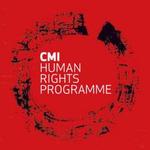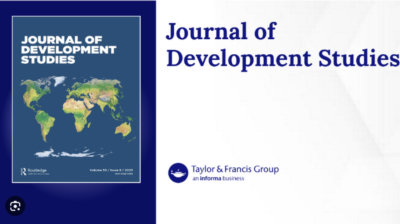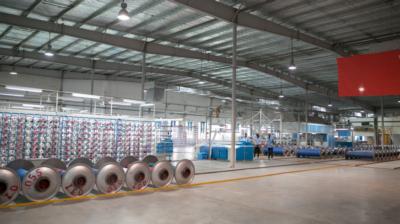Economic Prospects for Ethiopia and Challenges for Poverty Reduction
How to cite this publication:
Espen Villanger (2006). Economic Prospects for Ethiopia and Challenges for Poverty Reduction. Bergen: Chr. Michelsen Institute (CMI Report R 2006: 17)
The report analyses Ethiopia's economic performance and expected future development. The economic growth rate is likely to remain high despite large fluctuations in agricultural production. Projections indicate, however, that Government's target of 7 % growth for 2006 is around 2 percentage points too high. Higher growth rates are expected if political polarization in Ethiopia is reduced. The rising inflation has been a source of concern, but price increases now seem to be under control. The increase in oil prices and the suspension of Direct Budget Support by donors are other factors straining the Ethiopian economy. In this situation with scarce foreign exchange, the removal of petrol subsidies seems warranted.
Furthermore, challenges for the Ethiopian poverty reduction strategy (PASDEP) are discussed. The PASDEP clearly links growth strategies to poverty reduction, and the poverty analysis in the document is coherent with the strategies outlined. However, distributional issues seem to be overlooked and further analysis is needed to identify which groups will benefit from the proposed policies and which groups will lag behind.
The report, commissioned by the Norwegian Embassy in Addis Ababa, points at the following main issues for the Embassy to follow up:
- Assess Norway's potential for fostering institutions for exploring and developing the energy sector in Ethiopia
- Monitor the efforts by donors to close the financing gap in the PASDEP
- Address the importance of maintaining peace and stability for economic performance in general, and for the tourist industry in particular
- Address the inefficiencies of user fees in primary education
- Commission a study of distributional effects of implementing the PASDEP
- Commission a study of the impact of the suspension of Direct Budget Support



